Nuclear Energy Agency provides update on recent activities

The OECD Nuclear Energy Agency in late November reported on a range of “New at the NEA” activities.


The OECD Nuclear Energy Agency in late November reported on a range of “New at the NEA” activities.
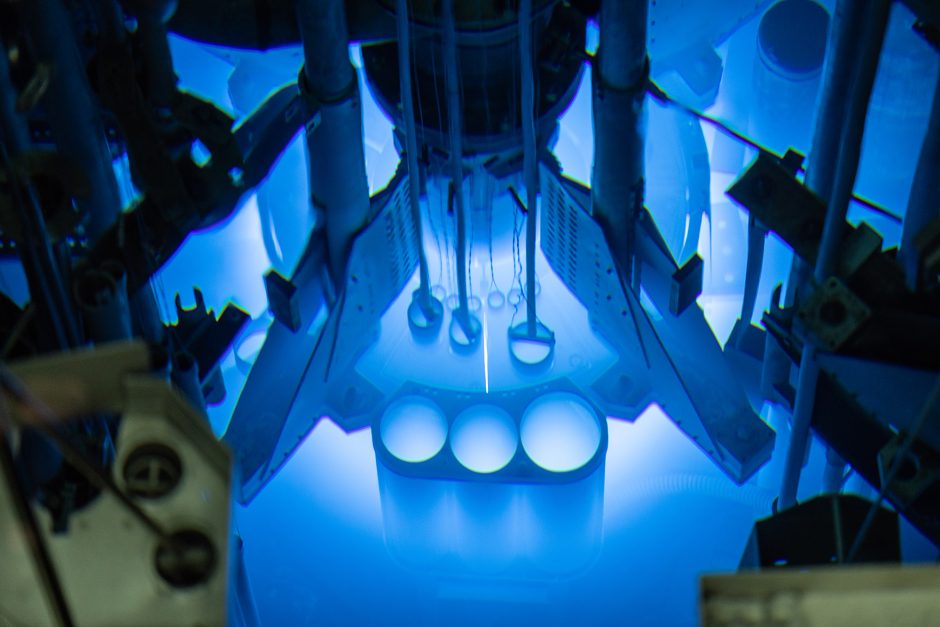
The University of Missouri Research Reactor (MURR) is the latest member of Nuclear Medicine Europe, an industry association for the radiopharmaceutical and molecular imaging industry in Europe, the University of Missouri announced July 17.
Westinghouse and TerraPower, in conjunction with Belgium’s Pan Tera, have announced plans to produce large quantities of actinium-225, a radioisotope used for targeted alpha radiation therapy for certain types of cancer.
Serva Energy has developed a research reactor–based method of actinium-225 production, the company announced on June 22, saying it “marks the first time a commercial entity has employed a conventional nuclear reactor to produce the lifesaving isotope—allowing for dozens of existing research reactors around the world to collaborate with Serva on increasing production of Actinium-225 without huge capital investments or delays for construction.”
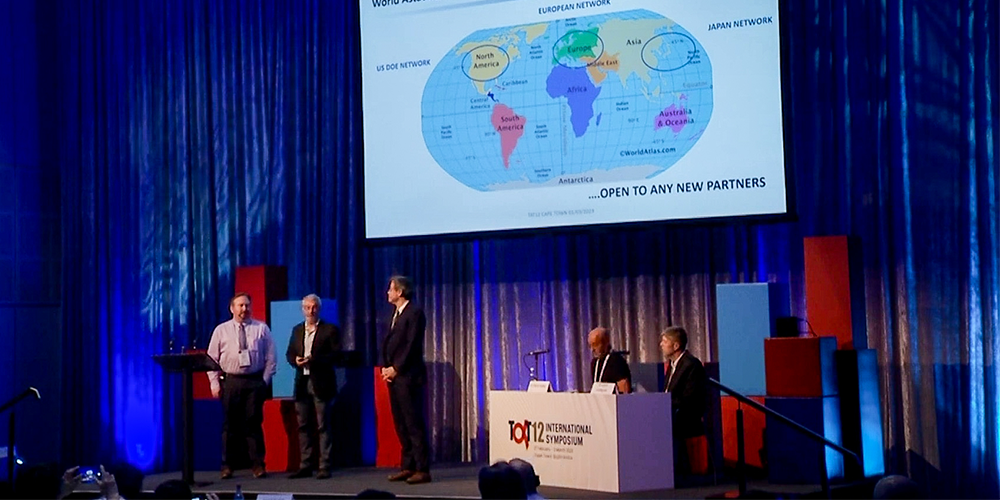
The World Astatine Community (WAC) was formed earlier this year during the 12th International Symposium for Targeted Alpha Therapy by representatives from the United States, Japan, and the European Union to share astatine production technology and advance science and health care. The National Isotope Development Center (NIDC), which is managed by the Department of Energy’s Isotope Program (DOE-IP), announced the news on June 15 and explained how the United States plans to help expand the global supply of astatine-211.
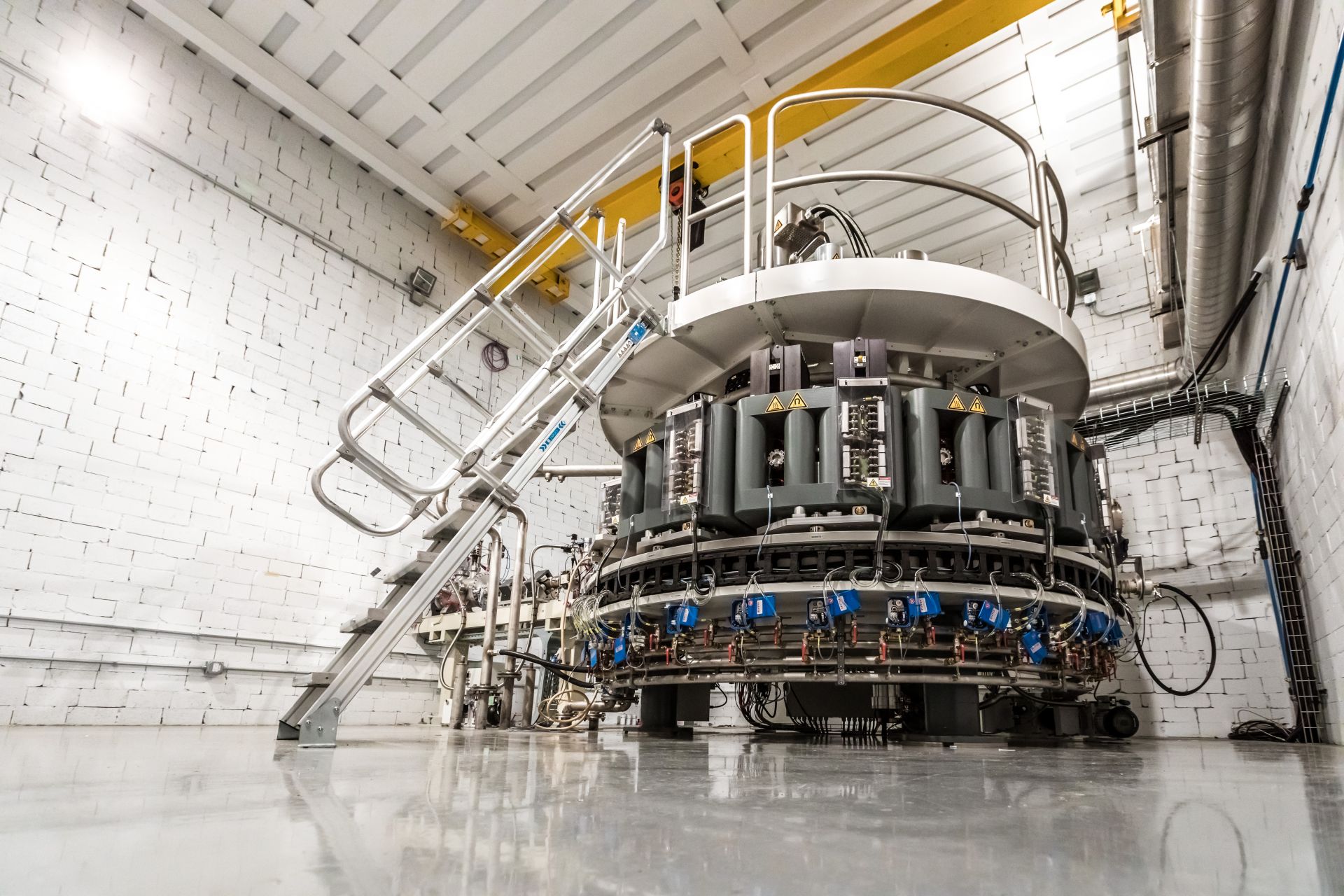
Nuclear medicine company NorthStar Medical Radioisotopes announced that it has successfully produced molybdenum-99 at its recently completed accelerator production facility at its Beloit, Wis., campus. According to NorthStar, the event marks a major milestone in advancing the company’s proprietary electron accelerator technology for the non-uranium–based production of the critical medical radioisotope.
BWXT Medical has submitted a new drug application to the U.S. Food and Drug Administration to request approval of its technetium-99m generator for medical imaging. A daughter isotope of molybdenum-99, Tc-99m is used in more than 40 million diagnostic procedures annually. BWXT Medical is a subsidiary of Lynchburg, Va.-based BWX Technologies.

Scientists in the Departments of Radiation Oncology and Medicine at the University of Washington (UW) and Fred Hutchinson Cancer Center (Fred Hutch) are directly targeting cancerous cells traveling through patients’ bloodstreams with diseases such as leukemia and lymphoma using an intravenous injection of the radioactive isotope astatine-211 (At-211). The work, its challenges, and its promise were described in a recent news release from the National Isotope Development Center (NIDC), which is managed by the Department of Energy’s Isotope Program.

Accelerators and other new facilities are producing an increasing share of the radioisotopes that were once sourced solely from a handful of research reactors around the globe; demand for alpha-emitters is increasing; and the need for an ensured supply of both radioactive and stable isotopes is now heightened as many countries seek an alternative to Russian isotopes. Those are just a few of the key points that emerged from a recent webinar, “Demand and Supply of Isotopes Around the World: From Diverse Perspectives,” organized by the World Council of Isotopes, along with the Sylvia Fedoruk Canadian Centre for Nuclear Innovation and the University of Saskatchewan, the hosts of the upcoming 11th International Conference on Isotopes (11ICI).
The Department of Energy announced on April 11 that it will distribute $1 million to three awardees to evaluate newly developed radioisotopes for potential therapeutic use in preclinical and clinical trials. The funding is provided by the DOE Isotope Program, which produces isotopes for use in science, medicine, and industry that would otherwise be unavailable or in short supply.
The Department of Energy is dedicating $2 million to the establishment of a first-of-its-kind program to train undergraduate and graduate students in isotope research and development, production, and processing. Texas A&M University will serve as the Isotope Traineeship Coordination (ITC) site, collaborating with a team of 14 colleges and universities and three national laboratories: Argonne National Laboratory, Lawrence Livermore National Laboratory, and Los Alamos National Laboratory.
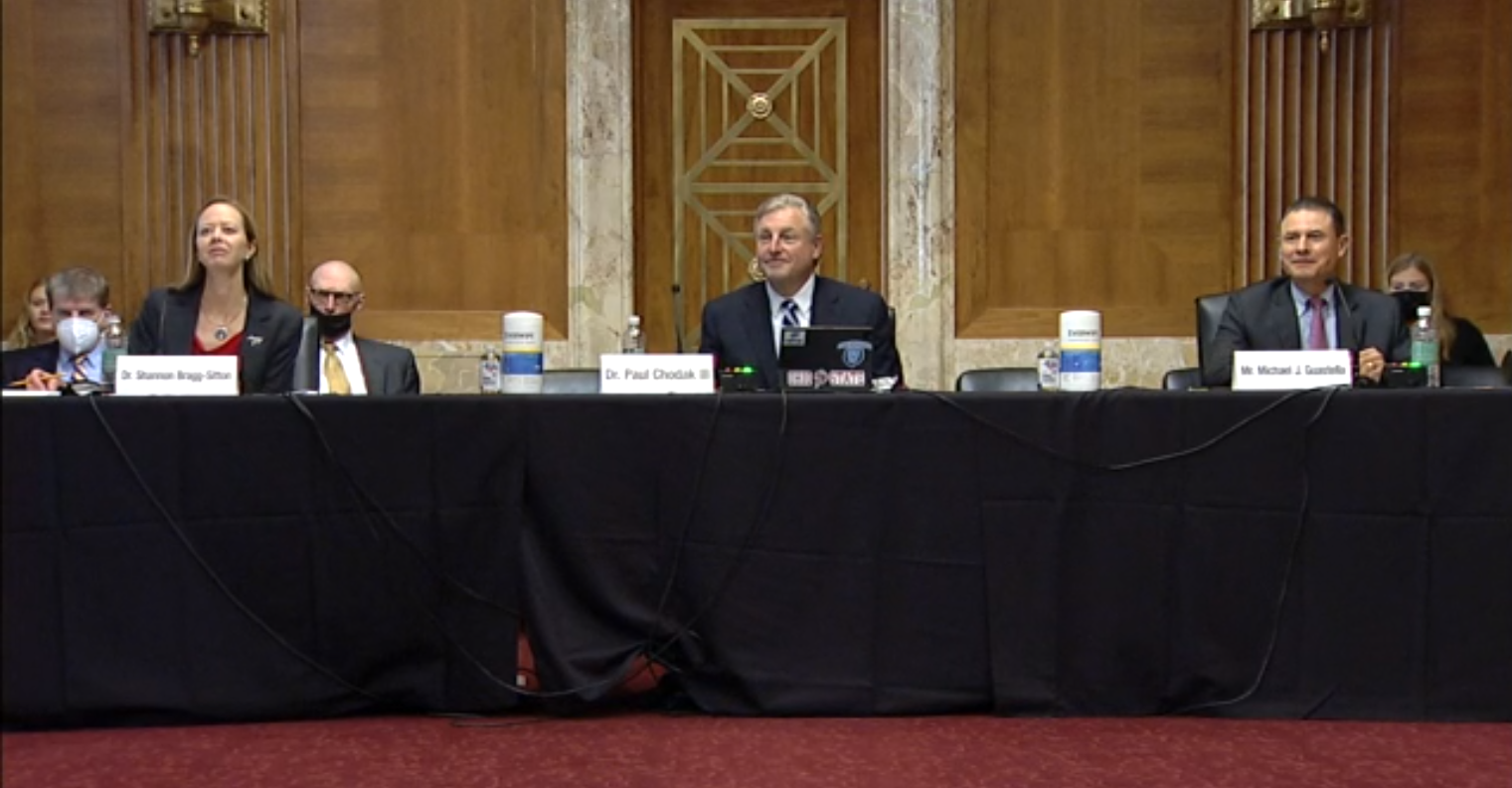
As Congress awaited key votes yesterday on spending bills that include production tax credits for at-risk plants and a new amendment adding $500 million in supplemental funding over five years to increase the availability of high-assay low-enriched uranium (HALEU), the U.S. Senate Energy and Natural Resources Committee held a Full Committee Hearing On Potential Non-Electric Applications Of Civilian Nuclear Energy. Sen. Joe Manchin (D., W.V.), chairman of the committee, emphasized that “advanced nuclear reactors hold enormous potential to provide opportunity to communities across the country with zero-emission baseload power” and made it clear he expects new reactors to replace retiring coal plants in his home state of West Virginia.
Speaking before the committee were Shannon Bragg-Sitton of Idaho National Laboratory, Paul Chodak III of American Electric Power, and Michael J. Guastella of the Council of Radionuclides and Radiopharmaceuticals.
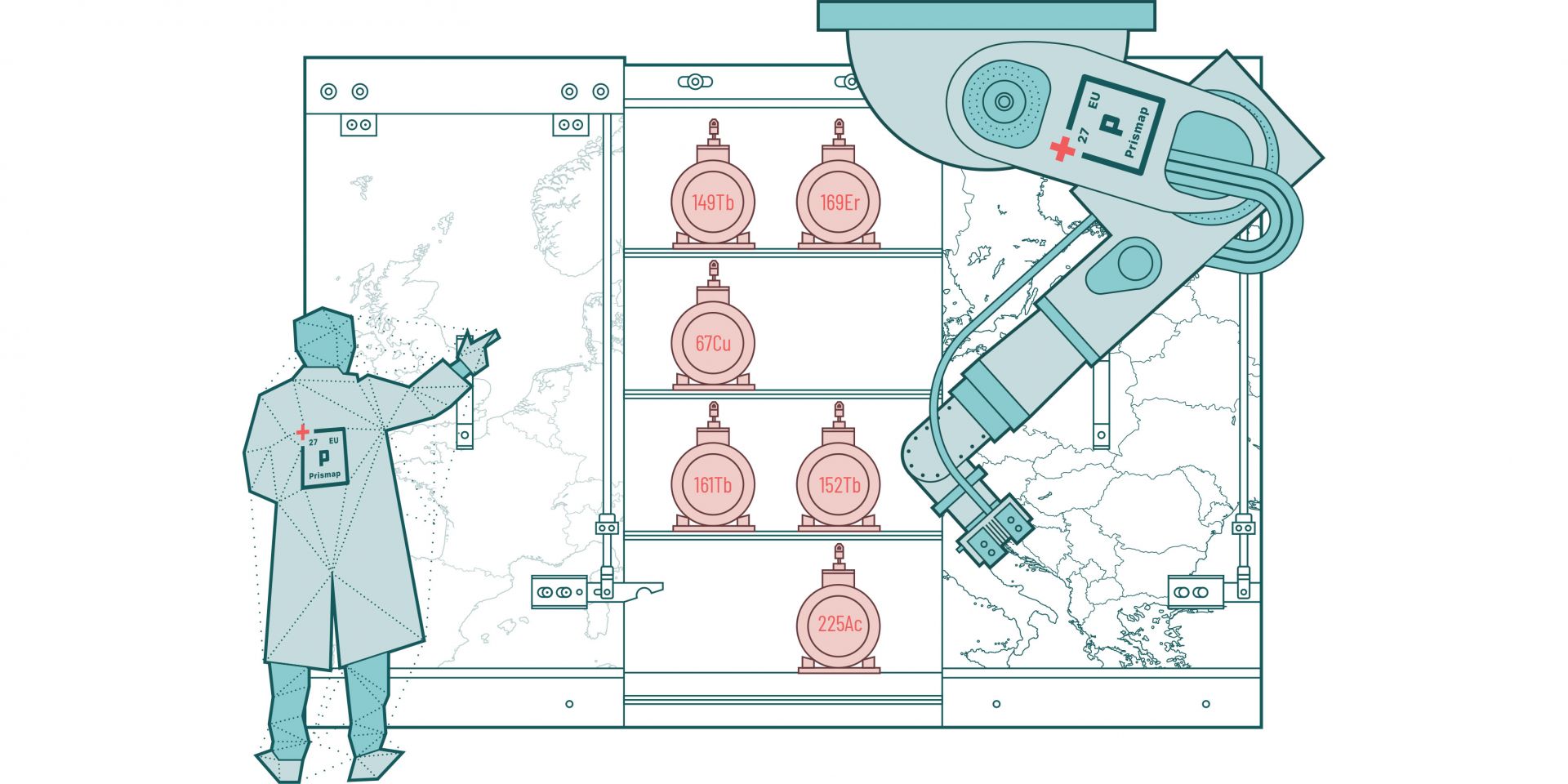
Only a few of the more than 3,000 radioisotopes that scientists have synthesized in the laboratory are regularly used in diagnostic or therapeutic medicine. One significant barrier to the development of new medical radioisotopes is the difficulty of gaining access to radionuclides during the early stages of development and research. PRISMAP is a new medical radionuclide program designed to streamline that access for medical research in the European Union and the United Kingdom.
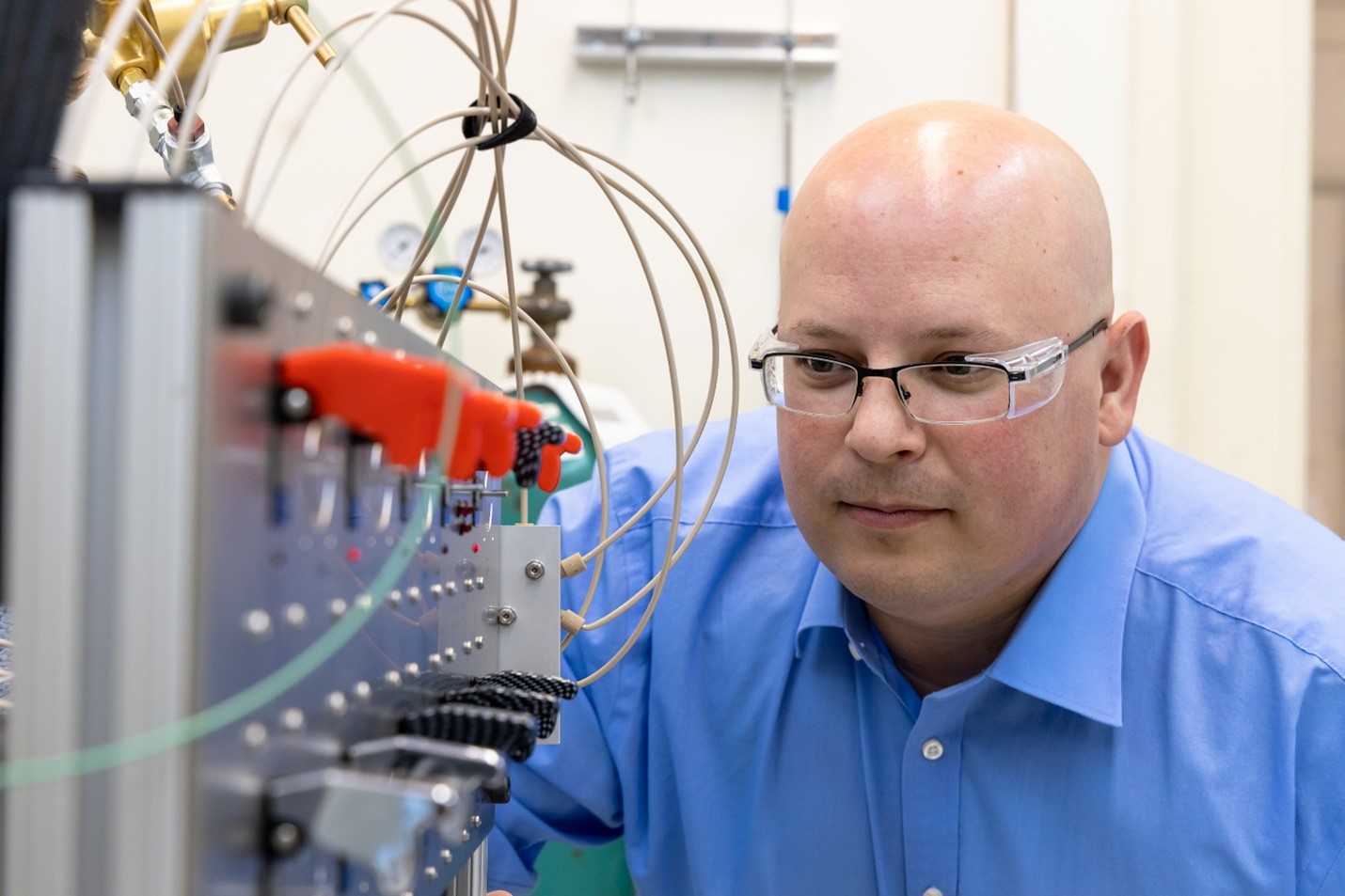
An Oak Ridge National Laboratory researcher has built a device that can speed up the separation of the medical radioisotope actinium-225 from irradiated thorium targets and withstand the high-radiation environment of a hot cell. In July, ORNL announced that Kevin Gaddis, a chemistry technician at the lab, had built and tested a prototype and was working to secure a patent for a device that cut separations time by 75 percent.
The Department of Energy is providing up to $2 million in fiscal year 2022 to fund university and national laboratory studies into the use of novel, medically relevant isotopes for use in pre-clinical and clinical medical trials, the DOE’s Office of Science announced on June 1.

This vial contains traces of actinium within a mixture of thorium and uranium. Photo: Isotek
An article recently published in Chemical & Engineering News describes TerraPower’s efforts to extract actinium-225, a radioisotope with therapeutic potential, from highly radioactive uranium-233 owned by the Department of Energy and slated for disposal. While others are working to ramp up production of Ac-225 by using a linear accelerator or cyclotron, TerraPower hopes to harvest between 200,000 and 600,000 doses a year from U-233 to increase the global supply.
The U.S. healthcare industry is warning that the COVID-19 pandemic may threaten supplies of the medical radioisotope molybdenum-99, whose decay product, technetium-99m, is considered the workhorse isotope in nuclear medicine for diagnostic imaging. The online magazine Radiology Business recently reported that the American Society of Nuclear Cardiology (ASNC) alerted its members on April 1 that it is monitoring supply shortages of Mo-99 “more closely than ever” during the pandemic.